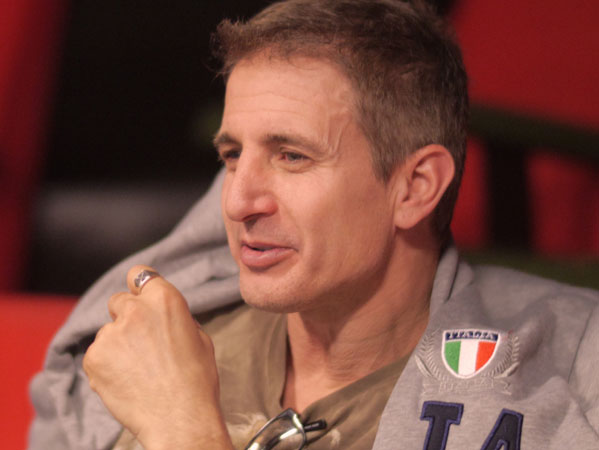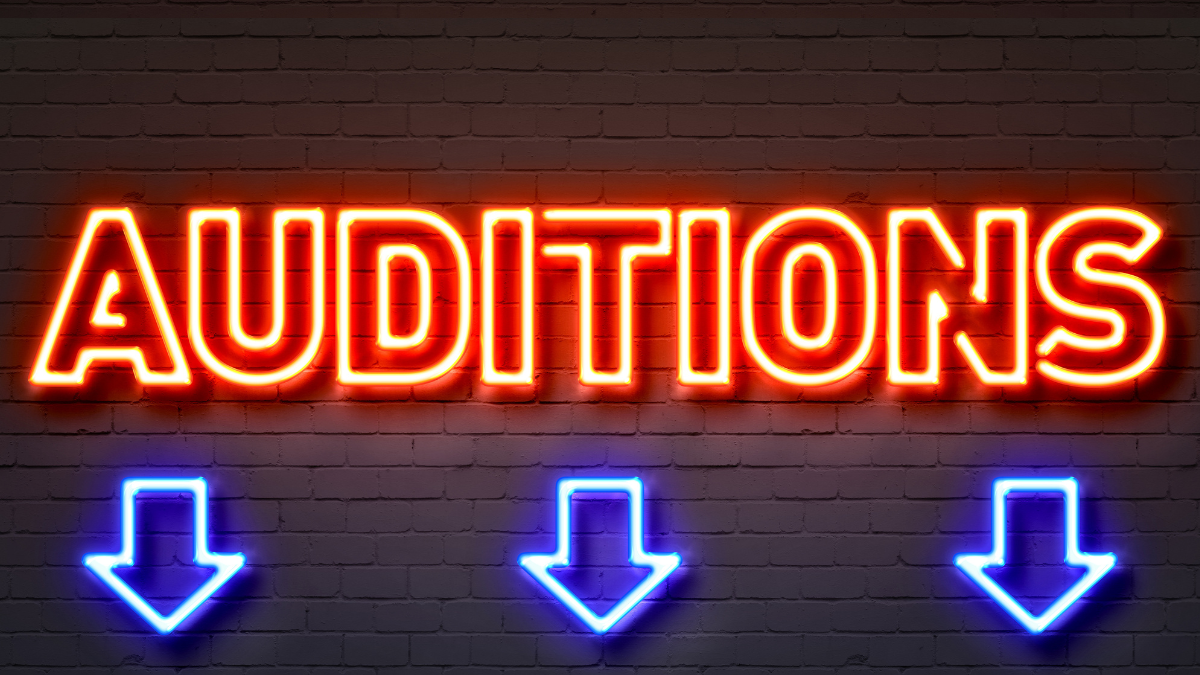The Audition Process: What to Expect
Contents
ToggleAuditioning is both equally exciting and nerve-wracking as an actor. Without attending auditions, finding work is next to impossible but they can also be so daunting that you’d rather avoid them.
One way to feel more reassured about auditioning is to familiarise yourself with what to expect regarding the auditioning process.
We promise that with a little bit of preparation, understanding and practice, you’ll soon be a pro at auditioning and confident to continue doing so.
Let’s dive right in.
What Is The Purpose Of An Audition?
From the perspective of an actor, put simply, auditioning is a way to find work. It’s your chance to show off your skills and abilities to a casting director with the hope of securing a role in a specific production or project.
For a casting director, not only are they looking at your skills and abilities, but they are also looking to see how well you might fit into the project they’re casting for.
This often means assessing not only your talent but your physical appearance, presence, voice and other things that may be out of your control.
Are There Different Types Of Auditions?
Yes, there are a variety of audition types you may experience as an actor. Typically you will be made aware of the type in advance of the audition date.
However, some things like whether it is a group or solo audition may not be known till the day or may change on the day based on the needs of the casting director.
Open Casting Audition
An open-casting audition is when the audition details are shared publicly across several platforms such as online, in newspapers, on social media, television, radio or similar.
Open casting auditions allow casting directors to see as many people as possible in a short space of time, they may be looking for extras or a lead role – you never know!
You won’t need to book an individual call time, but as it’s first come, first seen, it’s best to be an early bird or you may miss your chance.
Closed Audition
Closed auditions are held when a casting director is looking for a very specific type of talent such as singers or dancers.
You will not be able to attend unless you meet the criteria and are invited or put forward by your drama school, theatre group or agency at the request of the casting director.
A set time will be provided but these auditions tend to be a little less hurried and more relaxed as the casting director already has a good idea of the talent attending.
Private Audition
Often considered more intimidating, private auditions involve an actor being individually selected to audition based on the recommendation of an agent or other industry contact.
Typically this type of audition will have a set time booked and some instructions will be given to help you prepare. This may include lines to learn or directions on how to dress.
In this type of audition, you will perform alone with just the casting director and their team present.
Stand Out.
Check our term dates, and enrol in classes today.
Online Audition
Using online auditions, a casting director can more easily narrow down candidates and create a shortlist for in-person auditions.
Auditions of this kind may be held via Skype or Zoom and will be held at a set time. It is essential to ensure you have a quiet environment in which to audition, that your internet is stable and that your sound and lighting are excellent.
Self-Tape Audition
Self-tape auditions involve actors pre-recording themselves performing a provided monologue or scene and sending it to a casting director.
Just like online auditions, this can help the casting director narrow down their choices before having you audition in person. The bonus of self-tape auditions over online, however, is that you can re-record your audition as many times as you like until you get it right!
How Will The Audition Play Out?
So what exactly happens at an audition? Aside from online and self-tape auditions they generally will follow a similar pattern. You should expect the following:
Arrival
Upon arrival at the given location, a staff member of the casting director’s team will greet you and check you in.
You’ll then be shown to a waiting room or holding area to await your turn. Remember that from the moment you arrive, your audition has already begun and your behaviour will be noted.
Always speak politely and show respect to everyone in attendance.
Waiting
Even if you have a booked time slot, you may find yourself having to wait for your turn to audition.
Depending on the type of audition, there may be many other actors also waiting. To keep from getting overwhelmed, we suggest running over your lines again and/or doing some relaxation techniques.

Auditioning
Once called, you will be brought into a separate audition room. Within this room, there may be just you and the casting director or other staff members and actors may also be present.
Once you walk in, find your mark in front of the casting director, say hello, introduce yourself and give the name of your agency if you have one.
You may be asked to hand over your headshots and resume if these have not already been provided. Then instructions will be given, such as to act out a scene or monologue you have prepared.
In some cases, a cold reading may also occur, in which you read lines off a script you have not seen before. You may also be asked to perform alongside another actor during the reading.
Once done, the casting director may ask questions or advise that you can leave. Always say thank you before leaving and don’t ask for feedback or linger, they’re on a tight schedule.
Completion
After leaving the audition room, keep to yourself and remain quiet – other auditionees may be feeling nervous awaiting their turn so be mindful of this.
Gather up your things if needed, double-check you are not needed to remain further and head out.
What Happens After An Audition?
Generally, unless you’re successful you won’t hear from the casting agent again.
This means you’re also unlikely to get any feedback regarding your audition. If you’re represented by an agency and it was a closed or private audition, feedback may happen, but it’s not a given.
While rejection is never pleasant, the best thing you can do is have multiple auditions lined up and continue to pursue that next role.
Not only does this keep your mind off audition outcomes, it gives you practice and gives you a better chance of securing a role.
Callbacks
On occasion, you may get a call back following an initial audition, this indicates that a second round of auditions is necessary before a casting director can make a final decision on who to hire.
Callbacks look much like an initial audition but you may be given further instructions or paired with another actor to give the director more of an idea of your abilities and suitability.
You should expect to hear back regarding a callback audition within 24 to 48 hours.
Callbacks are a good sign that you are being considered for a role, but are not a guarantee. No matter the outcome, you should always take it as a positive. It indicates you are doing the right things and made a good impression.
Prepare For Audition Success With The Actors Pulse
Learn leading acting techniques and how to audition with confidence with The Actors Pulse.
Through a range of targeted activities and lessons, our highly experienced teachers give you the tools, knowledge and skills you need to succeed as an actor.
Master your craft and refine your audition technique with our expert guidance, call the Actors Pulse today at 0414 475 515.

Billy Milionis is one of the few Australians to have ever studied under the legendary master teacher, the late Sanford Meisner. Billy has also studied story structure and scene analysis techniques with John Truby and later at UCLA. He has also spent several years doing improvisation in Hollywood with the L.A. Connection. In addition, he trained in the technique of Stella Adler, Practical Aesthetics and Lee Strasberg’s method.





